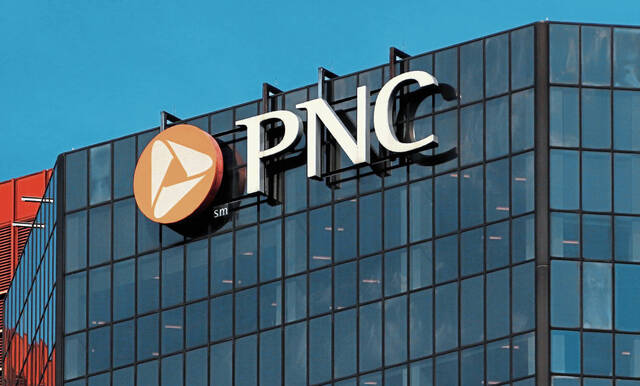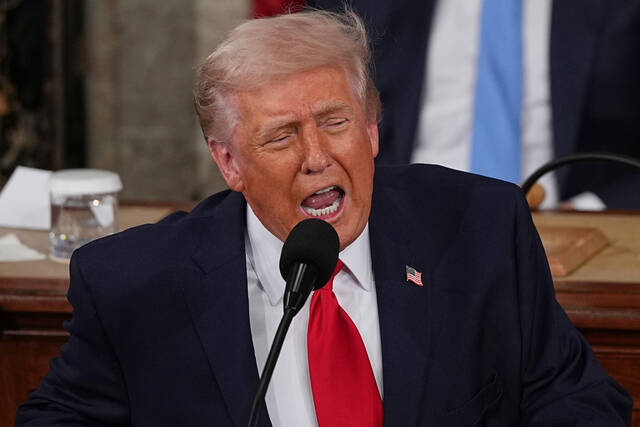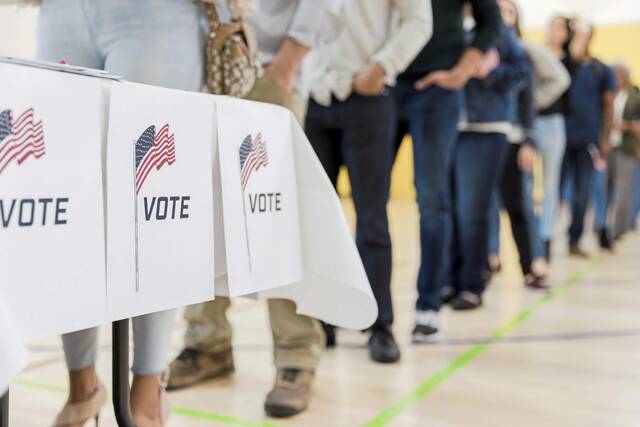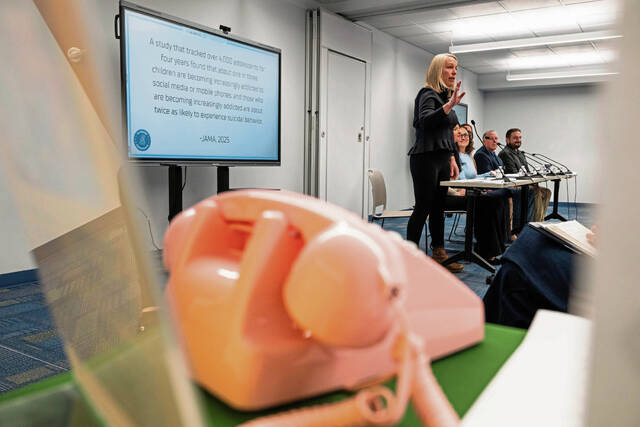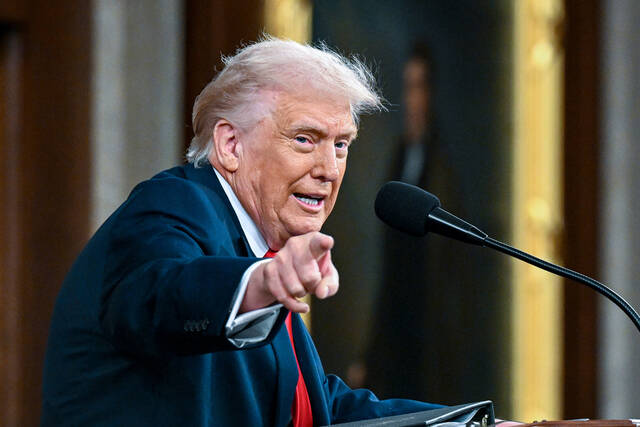A federal judge Monday ordered a New York businessman to pay back more than $26 million to PNC after the bank caught what it described as large-scale check fraud.
The order, crafted by attorneys on both sides and approved by Chief U.S. District Judge Mark Hornak, comes less than two weeks after PNC sued Dan Herbatschek and several affiliated companies in federal court in Pittsburgh.
The lawsuit claims three bounced checks deposited in July led the bank to uncover a check kiting scheme, where Herbatschek was depositing checks between multiple banks and using the window before they cleared to withdraw nonexistent funds.
By the time PNC caught the fraud, it says, Herbatschek owed more than $27.3 million. He has since paid about $1 million of that back, according to court records.
Herbatschek and his attorneys have not disputed the sum owed. No criminal charges have been filed in the case.
He will be severely limited in how he spends his money until the bank is made right. Last week, Hornak ordered Herbatschek to provide PNC with a list of his assets, the businesses he has an ownership or controlling stake in and financial information for those businesses dating to the start of 2024.
His enterprises include Ramsey Theory Capital, a New York-based firm he founded in 2017 that deals with software design, artificial intelligence and related fields. It’s the first of eight business entities named in the lawsuit.
Herbatschek must also give PNC at least 48 hours’ notice if he plans to spend his assets, transfer them or use them as collateral for a loan.
Eric Olshan, an attorney for PNC, noted at a hearing last week Herbatschek may have millions of dollars available through his real estate and art holdings. A Wall Street Journal article in May about luxury real estate says Herbatschek owned a $12 million Manhattan condominium and planned to buy three more multimillion-dollar properties.
Neither PNC’s nor Herbatschek’s counsel returned requests for comment.
Check fraud for the modern age
Herbatschek’s lawyer, David Berardinelli, previously pushed back on characterizing his client’s actions as check kiting.
But, if PNC’s claims are true, Herbatschek would have pulled off a time-worn form of fraud.
Check kiting dates to 1920, according to a report from NICE Actimize, a fraud prevention firm that works with financial institutions. While fraudsters used to have several days or even weeks to access kited funds, the report says, digital banking has shrunk that window to just a day or two.
This shorter period along with industry efforts to limit fraud are having an impact.
In a 2024 survey sent out by the Federal Reserve, 61% of risk officers at financial institutions said check kiting was on the decline.
But it’s not quite extinct.
S&T Bank, based in Indiana, Pa., lost $59 million in a check kiting scheme in 2020. The fraudster, a health care executive from Ohio, was sentenced to 31⁄2 years in prison.
S&T Bank did not respond to questions about how it has improved fraud protection practices since then.
Common giveaways for check kiters are frequent daily deposits, a large amount of money being double-counted because of delays in check processing and round-number deposits that steadily grow over time, NICE Actimize says.
In 2023, a Michigan man was convicted of pulling off one of the largest and most damaging check kiting schemes ever recorded, leaving KeyBank’s northern Ohio division and several business across the country out nearly $150 million. He was handed a roughly eight-year sentence.
“The consequences in white collar crime certainly are not on par with violent crime and things like that,” noted David Burroughs, an FBI agent turned fraud specialist with global advisory firm StoneTurn. “Penalties are usually not as severe to serve as a deterrent.”
KeyBank spokeswoman Meg Lower declined to share lessons learned from the check kiting scheme “to protect the security and confidentiality of our clients.” She also declined to say how much money KeyBank lost from the incident and whether any of it was recovered.
In a testament to the ability of check fraud to change with the times, a TikTok trend emerged last year in which users spoke of an “infinite money glitch” that allowed JPMorgan Chase customers to cut themselves a check, deposit it and withdraw cash before it bounced.
Banks typically limit how much of a check that has yet to clear can be withdrawn. The Chase ATMs did not. After correcting the issue, the banking giant sued four customers it claims followed this trend and stole more than $660,000 combined.
It was able to recoup about $580,000 in losses through these civil cases.
Criminal charges could have certain advantages, though, according to Burroughs.
Burroughs believes law enforcement would be able to track down and freeze Herbatschek’s assets faster than civil proceedings allow.
“My opinion would be that your quicker and more efficient and probably most likely chance of getting some kind of recovery would be through a law enforcement effort,” Burroughs said.


